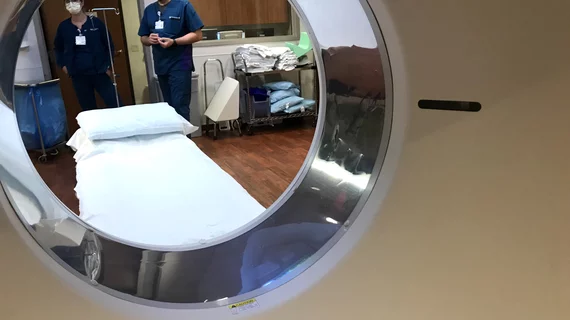FDA updates and rescinds several radiation protection recommendations
This week the U.S. Food and Drug Administration (FDA) officially rescinded its recommendation pertaining to gonadal shielding during exams involving ionizing radiation.
According to the Federal Register, the FDA is repealing these radiation protection recommendations because they have become “outdated” and “unnecessary.”
The latest update also includes changes to their reporting requirements for radiation emitting electronic products and medical devices. In the Federal Register document, the FDA notes that quarterly reports on these devices are redundant and likely unnecessary as well.
“The Agency is taking this action to clarify and update the regulations to reduce regulatory requirements that are outdated and duplicate other means to better protect the public health against harmful exposure to radiation emitting electronic products and medical devices,” the document reads.
The changes relative to gonadal shielding follow years of debate in the medical community about whether gonadal and fetal shielding offer any added protective measures at all.
There have been a number of statements from prominent bodies in the imaging community maintaining that this type of shielding offers little to no benefit for patients. These organizations have noted that, in some cases, the shields can even increase patients’ radiation doses when additional exposures are needed because shields have obstructed anatomy of interest.
In support of the FDA’s latest updates, the National Council on Radiation Protection and Measurements (NCRP), backed by the ACR, ABR, ASRT, AAPM and other organizations with skin in the game, shared an informative notice that offers additional insight into the reasoning behind the dying act of lead shielding for anyone who may still be on the fence. The Federal Register document also has a sidebar with links supporting the changes.
The new rule is set to go into effect on Feb. 21, 2023.
To view the Federal Register document, click here.
To view the NCRP pamphlet, click here.

